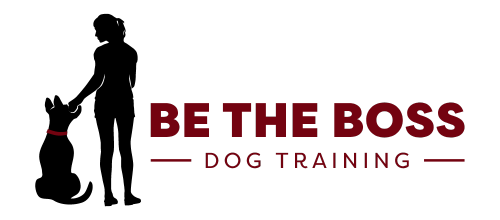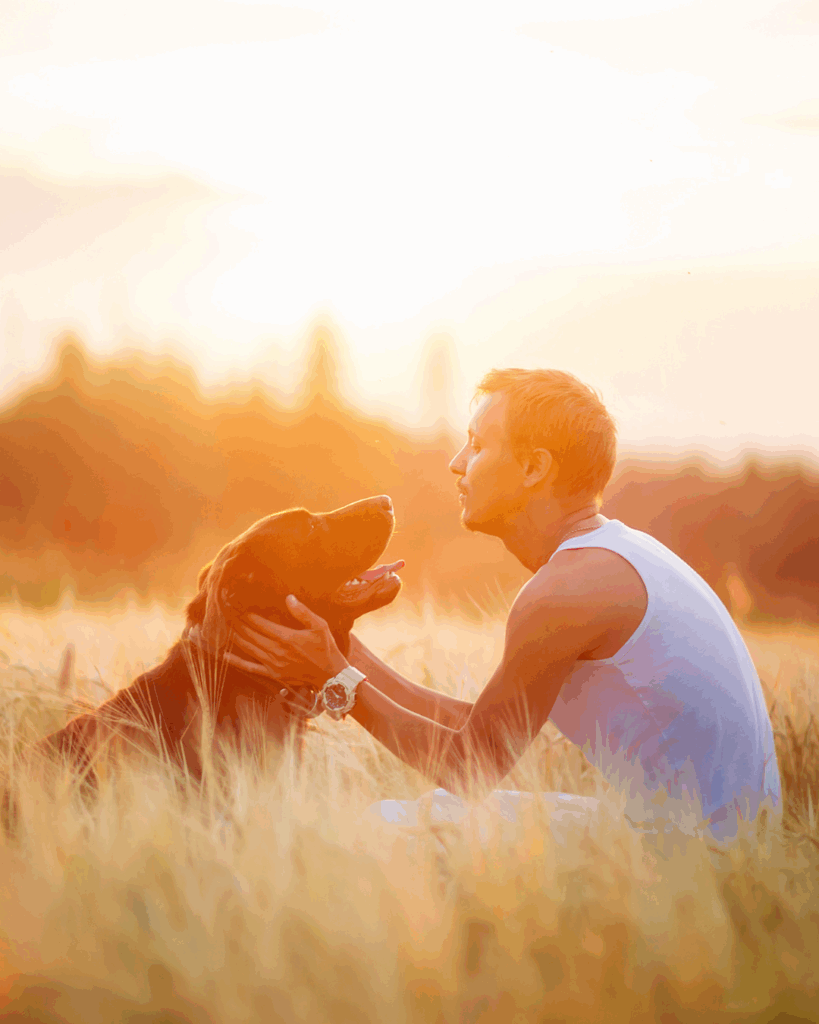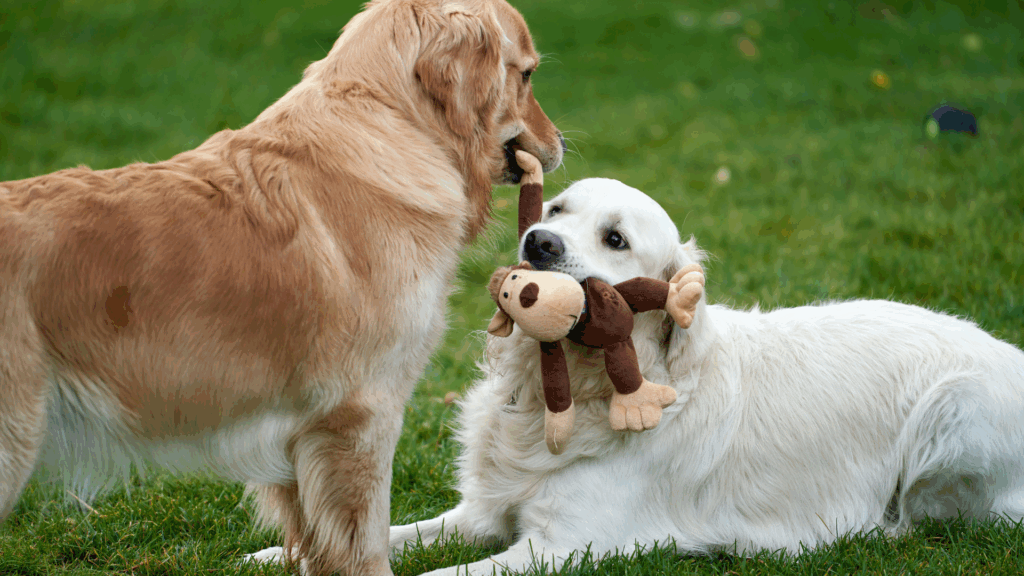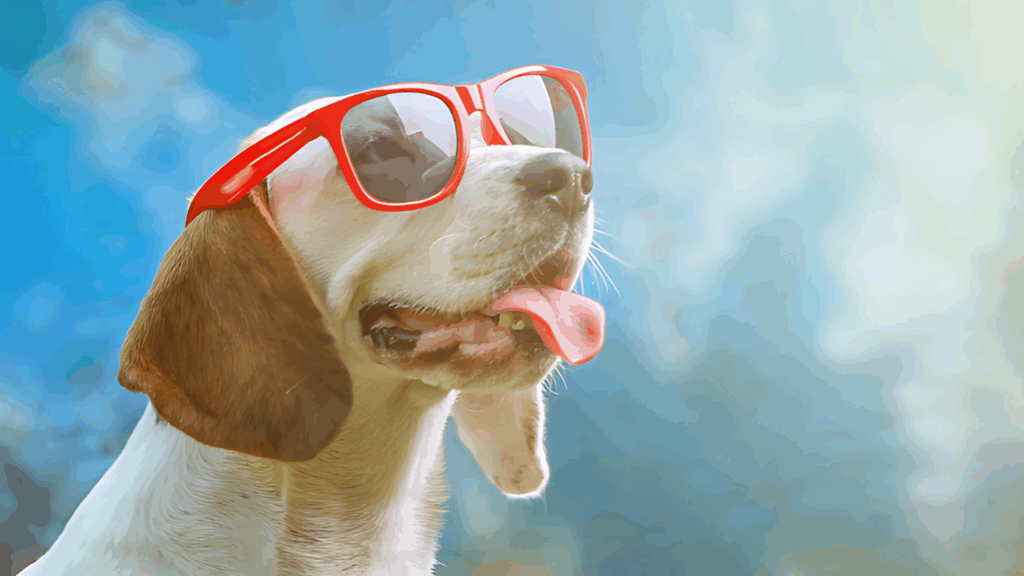Ah, the New Year—a time for resolutions, fireworks, and asking the age-old question: Does my dog know it’s 2024? Spoiler alert: Probably not. But that doesn’t mean your pup isn’t tuned into the rhythms of life in a way that might surprise you. Let’s dig into the fascinating (and occasionally baffling) science behind how dogs perceive time and whether they’re secretly judging your lack of follow-through on last year’s resolutions.
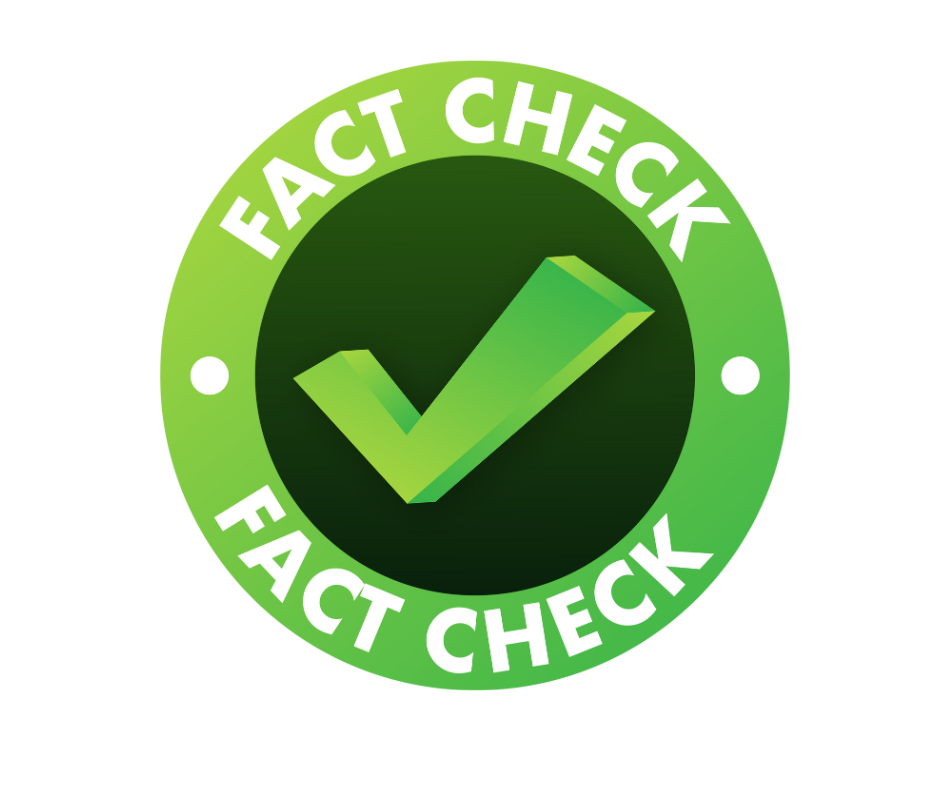
The Myth of the “Doggy Calendar”
First, let’s clear up a common misconception: dogs don’t have a calendar. They aren’t counting down the days to New Year’s Eve, waiting for their glittery party hat and a smooch at midnight. While we humans mark the passage of time with clocks, calendars, and existential dread, dogs rely on something much simpler: patterns.
Dogs don’t “know” it’s been 365 days since the last New Year’s party, but they do pick up on your behavior. If your holiday routine means more guests, strange foods, or chaotic schedules, they’ll notice that pattern—even if they’re not entirely sure why.
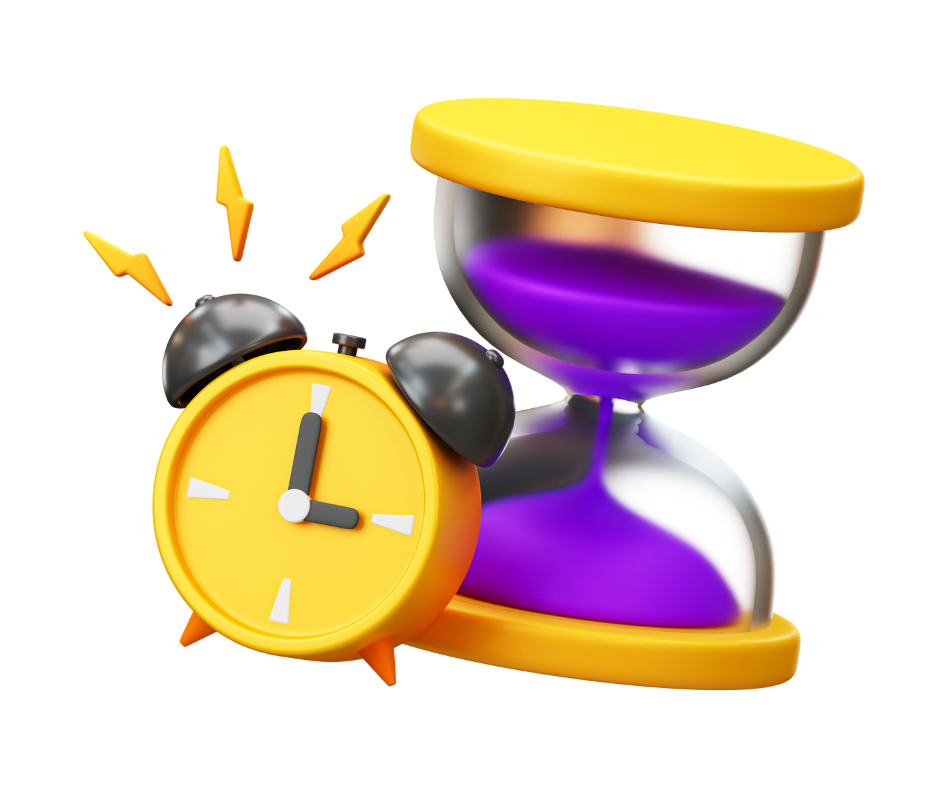
The Science: Do Dogs Feel Time Passing?
Here’s where it gets interesting. Studies suggest dogs do have a sense of time, but it’s not like ours. Researchers have found evidence that dogs can distinguish between short and long durations. For example:
- Your dog knows the difference between you being gone for 5 minutes versus 5 hours. (And yes, they prefer the 5 minutes.)
- Dogs show anticipatory behavior based on routines—like getting excited before a walk or dinner.
But here’s the kicker: while dogs sense time’s passage, they don’t experience it in a linear way like we do. They live more in the now, which is why your dog doesn’t spiral into an existential crisis when their birthday rolls around.

Yearly Milestones: Meaningful or Just Another Day?
Let’s get one thing straight: your dog isn’t reflecting on the highs and lows of the past year. They’re not thinking, “2023 was the year I finally caught that squirrel!” Instead, their “milestones” are tied to their experiences and environment.
For example:
- Does your dog seem to know when the holidays are coming? That’s probably because they’ve linked environmental cues—like decorations or changes in your mood—to specific events.
- Seasonal changes, like longer or shorter days, also play a role. Dogs are sensitive to light cycles, which can affect their behavior.
But don’t mistake this for a true understanding of yearly milestones. It’s more like a Hey, something’s different—should I be excited or scared? reaction.
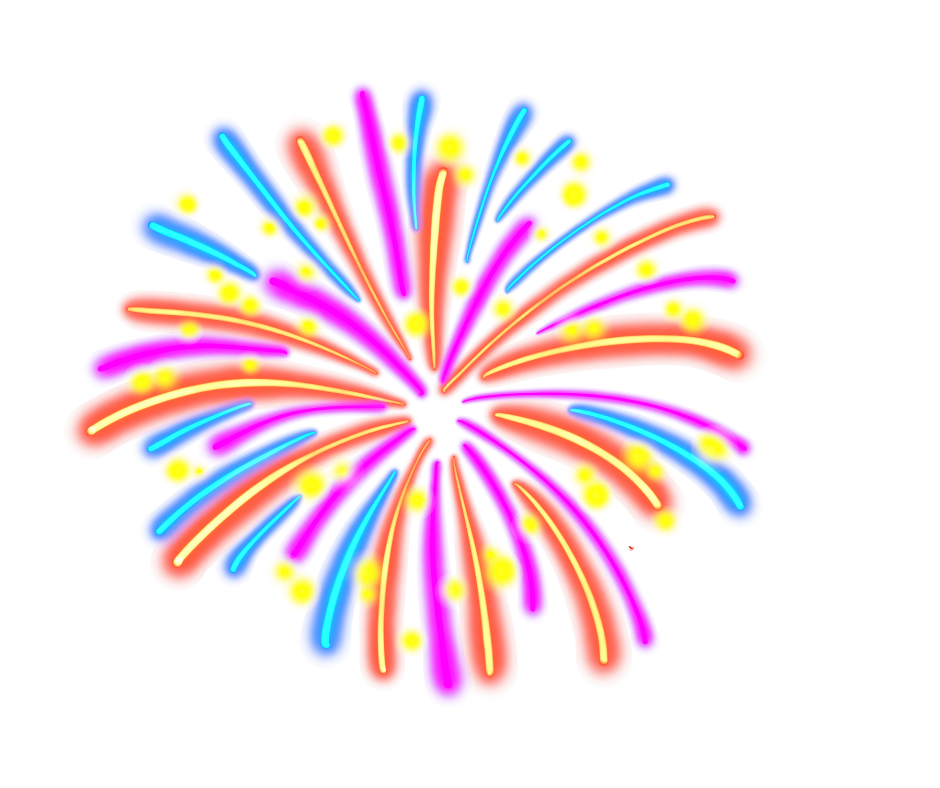
Fireworks, Resolutions, and a Dog’s Reality
Now, let’s address the elephant in the room: New Year’s Eve. While you’re toasting with champagne and resolving to hit the gym (again), your dog is probably cowering under the bed, wondering why the sky is exploding.
Fireworks aside, New Year’s resolutions are also lost on your dog. They don’t care if you’ve decided to “be more present” or “run a marathon.” What they do care about is whether these resolutions mean more walks, more playtime, or—gasp—less table scraps.

So, What Does This Mean for You and Your Dog
Here’s the bottom line: your dog doesn’t care that it’s a new year. What they do care about is how you show up for them every day. They live in the moment, and maybe that’s the lesson we should take from them.
So, this New Year’s, skip the resolutions you won’t keep and focus on something your dog will actually appreciate: an extra-long walk, a new toy, or just some uninterrupted belly rubs. After all, dogs don’t need to feel time passing to remind you they deserve your best every single day.
And who knows? Maybe that’s the secret to a truly pawsitive 2024. 🐾
Now tell me, are you ready to step into the New Year with your dog as your guide? Or are you still clinging to the idea that they secretly want a countdown party? Let’s hear your thoughts in the comments!
